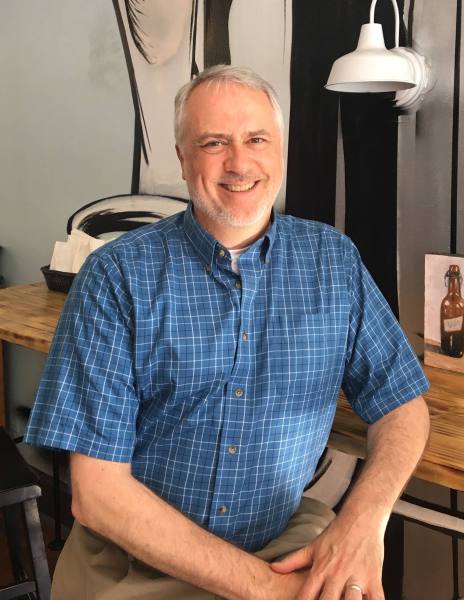James Stillwell is a licensed pastoral counselor who does plenty of traveling to see clients in Kentucky. And somewhere in there he has a marriage he wants to maintain.
That’s where prayer, meditation and Bachman Turner Overdrive’s hit song “Taking Care of Business” come in handy for the Baptist-endorsed Stillwell.
The song title reminds him to ask himself if he is up to date on his primary relationships, communicating adequately and intimately with his wife, and whether he has appropriate boundaries in place with others.
In an Oct. 26 Cooperative Baptist Fellowship blog titled “Spiritual Resiliency,” Stillwell laid out how song titles and lyrics help him assess his spiritual, emotional and physical conditions. It’s all part of being diligent about tapping into self-care practices to avoid burnout in his life and ministry.
Self-care is a topic on the front burner for most pastors, chaplains and pastoral counselors. Ministerial burnout is on the rise as budgets and staffs dwindle, and as congregational stress rises in the postmodern age.
Stillwell spent decades on church staffs before transitioning to pastoral counseling in 2002. Today he sees clients mainly at the Interfaith Counseling Center in Lexington, Ky., and also at a handful of CBF congregations in Kentucky.
He spoke with Baptist News Global about the importance of self-care and how music plays into that for him.
In your blog, you write that four clients canceled on you in one day. How did you use that unexpected free time?
I really do kind of celebrate everybody who cancels. On the other hand, my wife celebrates when I make money. It’s a time of prayer and meditation. I check Twitter and Facebook. I get to see what’s going on in the world. I listen to music. It’s time to take a mental break. The whole idea is to take a mini-Sabbath.
Can there not be peace in the busy schedules ministers and pastoral counselors face?
I get a lot of fulfillment from what I do. When I can help someone coming out of devastating divorce, or help a couple on the edge of divorce come back to a very satisfying marriage — there is more fulfillment in that than anything else I can do.
How do you know when you are taking on too much work — and how do you try to avoid that?
One of the advantages of being in a counseling center is that I get to interact with the other counselors every day. We check in with each other…. Also, I usually see four patients in a day. I love that pace. Five is still good and manageable. Six in a day is hard. Seven, eight and nine in one day is too much. So, there is just that knowledge that I can take four to six appointments, and if they are spread out right, I am going to be OK. … Another thing I do is put 30 minutes between appointments so that I can walk around the block, close my eyes if I need to, get some nourishment, some caffeine or whatever I need. I have to be very intentional making those spaces between appointments.
How did you land on this idea of using song titles and lyrics to help you find balance?
I grew up in a very musical family…. I minored in music in college and I just love song lyrics. Every time I am in Kroger and in restaurants, I am listening to the songs. … I’m constantly going to Google to get song lyrics…. It’s a way of bringing humor into my life.
You use one lyric to remind you to have fun. Is it possible for ministers to have fun when you’re loaded down with work?
In my practice, I sometimes use lyrics to cut the tension or bring humor into a session. … For me it’s the collegiality of it. Talking and joking with my colleagues every day is helpful. And it’s going to national and regional conferences of the National Association of Pastoral Counselors. We have a lot of fun and tell stories.
You’ve mentioned mini-Sabbaths and in your blog you write about Sabbath keeping for ministers who wear pagers. How do you do that?
Part of this was from when I was a full-time minister on church staff. The hardest day of the week for me was when we had staff meetings. So on that day, I spent the morning having breakfast with minster friends. I was the Baptist and there was an Episcopalian, a Methodist, a Presbyterian. … And in the evenings I attended a therapy group where we talked about the challenges we were facing. I loved the diversity of being in these groups.
Last question: are you violating any of these principles by doing this interview between clients?
[Laughs] When I scheduled this thing I was like OK, I gave you all my free time and I should have been eating then instead. But my 1:30 canceled. So because I have a cancellation, it’s not a big deal. I’ll eat then.



